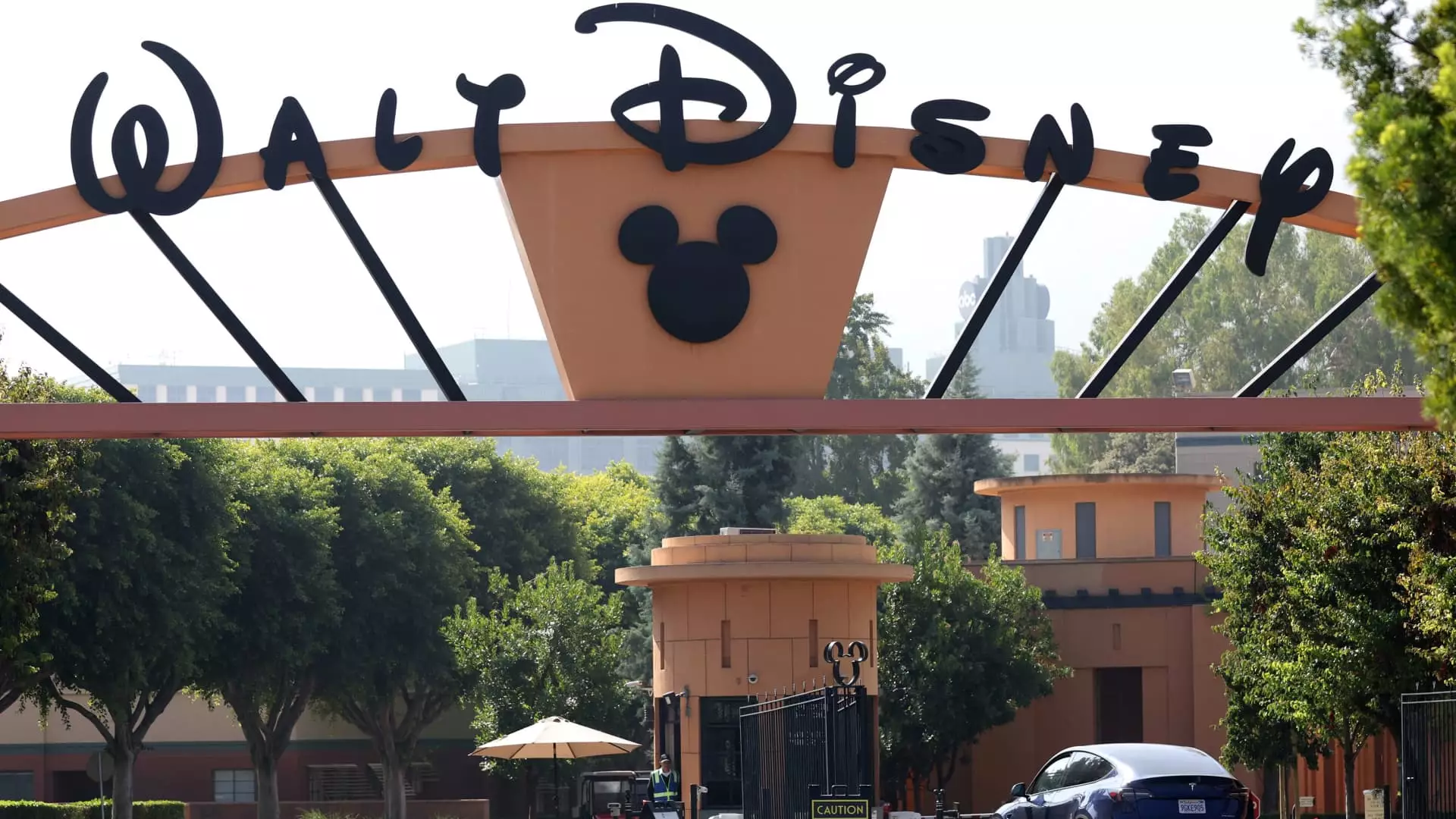The recent announcement from the Federal Communications Commission (FCC) to scrutinize the Walt Disney Company regarding its diversity, equity, and inclusion (DEI) initiatives serves as a wake-up call that resonates beyond the entertainment industry. This move is not simply a regulatory action; it is a significant marker in the evolving landscape of corporate accountability. For decades, companies like Disney have utilized their platforms to promote social values while also reaping the benefits of public goodwill. However, the tide is shifting, and the FCC’s inquiry forces us to ask: are these measures genuinely inclusive, or merely performative?
The Shadow of Political Influence
FCC Chairman Brendan Carr’s decision to launch this investigation must be understood within a broader political context, particularly the resurgence of regulatory scrutiny under the current administration. Following Trump’s executive order that targeted DEI programs, one must critically evaluate the motivations behind these actions. The potential for politically motivated regulation brings a layer of complexity to the discourse surrounding corporate diversity efforts. Are we witnessing an authentic push for equality, or is it a strategic maneuver born out of political opportunism? Critics of this regulatory approach argue that it undermines genuine attempts at fostering inclusivity in favor of bureaucratic oversight, which could lead to chilling effects on companies’ willingness to engage in meaningful diversity initiatives.
Disney’s Brand Under Fire
Disney has long been synonymous with creativity and storytelling that appeals to diverse audiences. Yet, the FCC’s intervention suggests a disillusionment with the narrative that the company has presented regarding its commitment to DEI. There is a palpable tension between the corporate image that Disney has cultivated and the scrutiny it now faces. Rather than being lauded for its inclusivity, the company could find itself in the crosshairs for allegedly perpetuating discriminatory practices in its hiring or operational methods. This transformation is troubling, indicating that the delicate balance between corporate responsibility and regulatory compliance may be tipping.
The Implications for Corporate America
Disney’s predicament raises critical questions for corporations across America: How far is too far when it comes to DEI initiatives? Are companies risking more than they gain by embracing these practices? The FCC’s inquiry could set a precedent, leading to a wave of similar investigations across various sectors, hence threatening the very foundation of corporate social responsibility. In a climate where scrutiny is steeped in political undercurrents, companies must tread carefully lest they find themselves ensnared in a web of compliance that strips them of both their agency and ethos.
The Future Is Uncertain
As we ponder the future of corporate America amidst this regulatory landscape, it is essential to consider the long-term implications of the FCC’s actions. The fine line between encouraging diversity and maintaining compliance could reshape how organizations define their values and engage with their communities. With the fight for equality taking many forms, one must remain vigilant against the risk of reverting to tone-deaf corporate practices in the name of regulation. Disney’s future as an industry leader rests not only on its box office successes but also on its ability to navigate these tumultuous waters of public expectation and political pressure.

